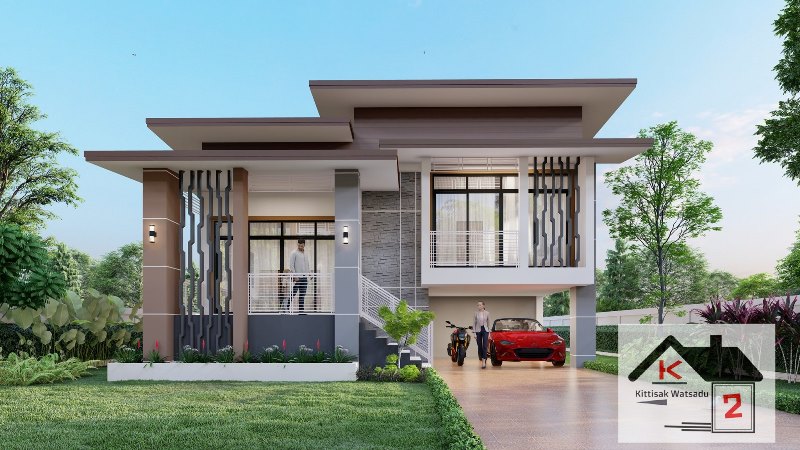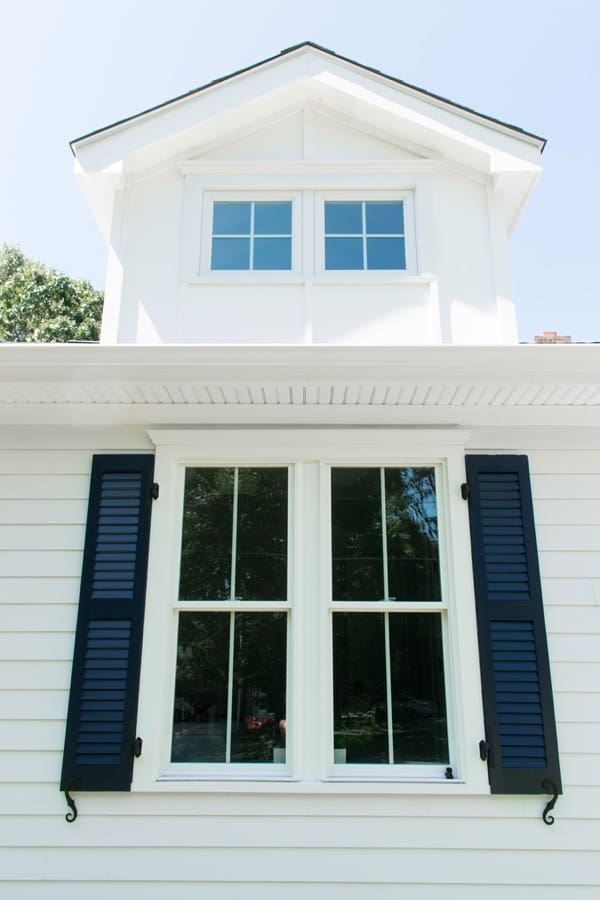
Urban design is a discipline that studies the design and construction of spaces and buildings. It reflects the historical and cultural influences on cities, the way cities develop, and the physical structure of the city. It is also a branch of architecture that addresses the contemporary architectural practice.
Integrated architectural design is a technology and cultural process that seeks to integrate and materialize disparate elements to produce a unified spatial, environmental, and cultural product. It is an experimental material and technological process and is tied to a past of autonomy. Its purpose is to produce new expressions and forms of contemporary design. It engages current discourse, emergent aesthetics, materializations, and sets out alternative forms for extractive practices as well as computationally facilitated manufacturing. This course will provide an introduction to integrated architectural design theory and methods.
Students will take part in short written assignments as well as a research paper throughout the semester. These assignments will help students learn various aspects about design, visual communication, and graphic presentation. They will also give students confidence in their ability take correct decisions, even when there are time limitations. They will also be able communicate spatially and have insight into the intentions and meaning of the architecture they design.
The course will explore the physical appearance of present-day European cities. These cities are currently undergoing major transformations. Some cities become national capitals while others are transformed into traditional representative towns. As the physical environment adapts to the needs of new masses of population, political, financial, and administrative structures also develop. The course will address these transformations by examining the development of the physical architecture of these cities, and by studying the cultural and social contexts that shaped them. The course will also examine images of these cities.

FAQ
How to quickly sell my home without having to pay realtor fee?
If you want to sell your house quickly, then you should start looking for buyers immediately. This means that you should accept any offer from the buyer. You will likely lose some buyers if you hold off too long.
Can I renovate my whole house myself?
You can do it yourself so why pay someone when you could save time and money?
It doesn’t matter how much DIY is your passion, sometimes it can be difficult to do the job yourself. There could be too many variables to manage.
For example, if you live in an old home, you might find that the wiring is outdated and you would need to hire a qualified electrician to make sure that your electrical system is safe and reliable.
You also need to consider the fact that you might not be able to handle any kind of structural damage that might occur during the renovation process.
You might not have all the necessary tools to do the job correctly. For instance, if you are planning to install a new kitchen sink, you'll need to buy a special tool called a plumber's snake which is used to clear clogged pipes.
Plumbing codes also require that you have a licensed plumber work on your project.
Let's just say that you must know what you can do before you undertake such a daunting task.
If you aren't sure if you have the skills or knowledge to tackle the task, get help from your family and friends.
They can give you advice on what steps you need to take and where you can go to learn more about the subject.
What is the cost of renovating a house?
Renovations cost typically $5,000 to $50,000. Renovations can cost homeowners anywhere from $10,000 to $20,000
How should house renovations be ordered?
When renovating your home, the first thing to do is decide where everything should go. If you're planning on selling your home soon, it is important to consider how you wish to present your home for potential buyers. The design of your living room, bathroom, and kitchen should be the first thing you think about. Once you have decided which rooms you want to renovate, you should start looking for contractors who specialize in those areas. You can then begin your renovations once you have hired an expert contractor.
Statistics
- ‘The potential added value of a loft conversion, which could create an extra bedroom and ensuite, could be as much as 20 per cent and 15 per cent for a garage conversion.' (realhomes.com)
- On jumbo loans of more than $636,150, you'll be able to borrow up to 80% of the home's completed value. (kiplinger.com)
- According to the National Association of the Remodeling Industry's 2019 remodeling impact report , realtors estimate that homeowners can recover 59% of the cost of a complete kitchen renovation if they sell their home. (bhg.com)
- Rather, allot 10% to 15% for a contingency fund to pay for unexpected construction issues. (kiplinger.com)
- It is advisable, however, to have a contingency of 10–20 per cent to allow for the unexpected expenses that can arise when renovating older homes. (realhomes.com)
External Links
How To
What amount should I spend to restore my old house?
The cost of renovating your home depends on how many rooms you want to update, what kind of renovations you plan to do, where you live, and whether you're doing it yourself or hiring professionals. Depending on the scope and size of the project, the average renovation cost is between $10,000 and $50,000.
If you are planning on selling your home after the renovation, it is likely that you will receive less than the market price if you do not account for the costs of repairs, improvements, and upgrades. You could lose money if the home is not maintained in a good condition before selling. On the other hand, if you invest enough time and energy into improving your home's appearance, you could increase the amount you get when you list it for sale.
To help you decide which projects to undertake first, consider these factors:
-
Your budget. Start small if you have a tight budget. Start small. For instance, you could tackle one room at once, such as replacing flooring or painting walls. You can also hire a contractor that specializes in kitchen remodels to make major changes without spending too much money.
-
Priorities. What are your priorities? Do you want to improve your home's overall condition or fix specific issues? One issue can become a major problem quickly, so it's important to choose a single area. For instance, if your roof leaks every time it rains, you might end up having to replace it sooner rather than later.
-
Your timeline. Consider your timeline. If you're considering buying a property next year and want hardwood floors installed or new bathroom fixtures, then you won't want them to be done right away. These updates might be best left until you are ready to move out of your current house.
-
Your skills. Find someone to help you if you don't have the necessary skills. For example, if your carpentry skills aren't strong enough to build custom cabinets, you might be able to hire a cabinet maker to do the job.